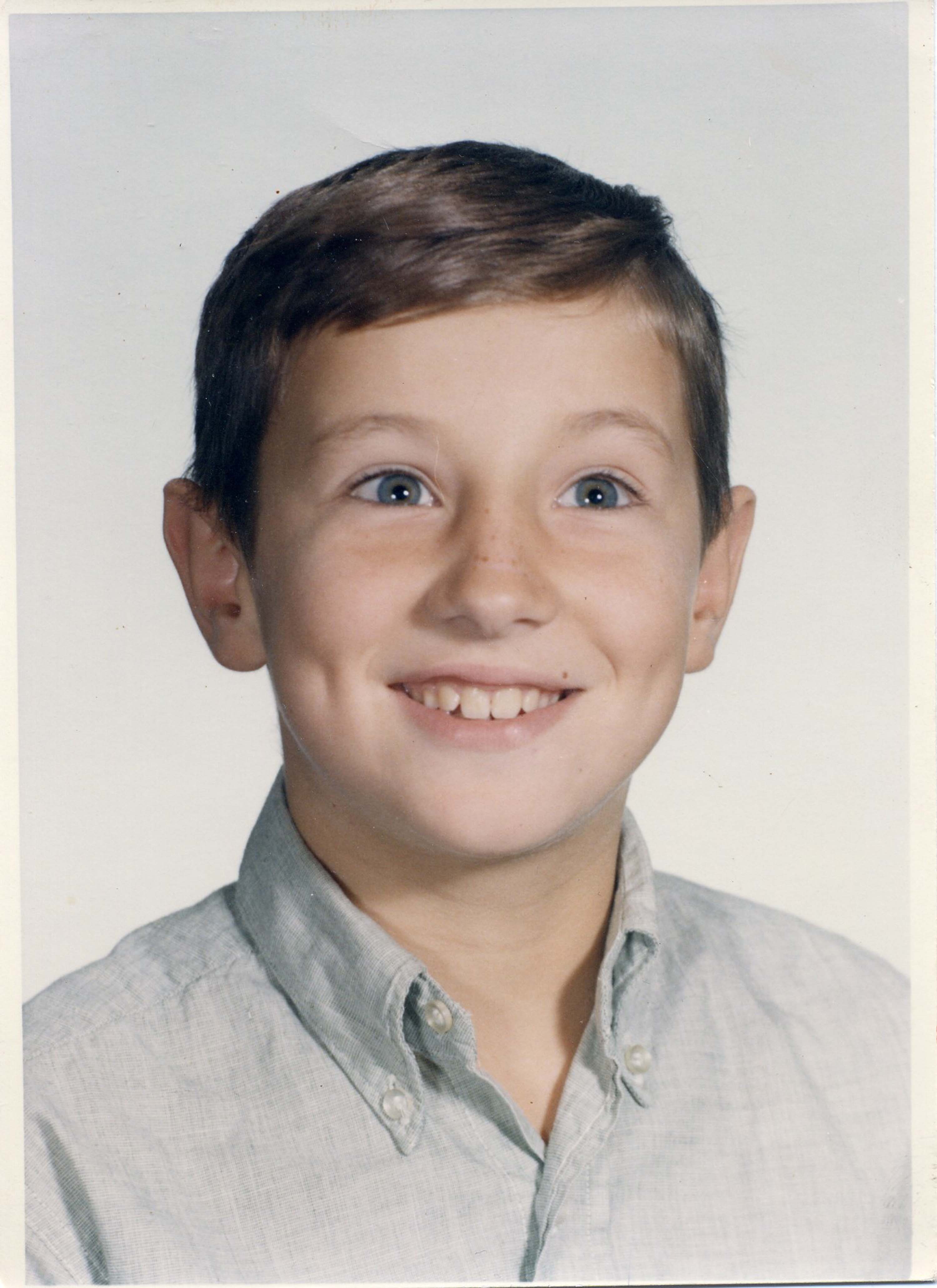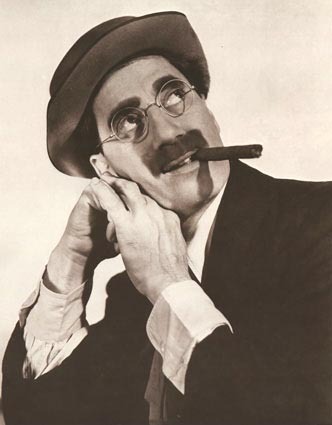
In 1996, some recordings of the original show were discovered (all recorded from the final three episodes), including a complete recording of the last episode to air. Adaptations of the recovered scripts were performed and broadcast in the UK, on BBC Radio 4, between 19. The episodes were thought entirely lost until 1988, when 25 of the 26 scripts were rediscovered in the Library of Congress storage and republished. It was thought that, like most radio shows of the time, the episodes had not been recorded. The show garnered respectable ratings for its early evening time slot, although a second season was not produced. Many of the episodes' plots were partly or largely based upon Marx Brothers films. Beagle, until a real lawyer from New York named Beagle contacted NBC and threatened to file a lawsuit unless the name was dropped.


The series was originally titled Beagle, Shyster, and Beagle, with Groucho's character named Waldorf T. Flywheel (a crooked lawyer) and Chico as Flywheel's assistant, Emmanuel Ravelli (a half-wit who Flywheel uses as a fall guy). The program depicts the misadventures of a small New York law firm, with Groucho as attorney Waldorf T.

Episodes were broadcast live from NBC's WJZ station in New York City and later from a sound stage at RKO Pictures in Los Angeles, California, before returning to WJZ for the final episodes. Sponsored by the Standard Oil Companies of New Jersey, Pennsylvania and Louisiana and the Colonial Beacon Oil Company, it was the Monday night installment of the Five-Star Theater, an old-time radio variety series that offered a different program each weeknight. The series was originally broadcast in the United States on the National Broadcasting Company's Blue Network beginning November 28, 1932, and ended May 22, 1933. Flywheel, Shyster, and Flywheel is a situation comedy radio show starring two of the Marx Brothers, Groucho and his older brother Chico Marx, and written primarily by Nat Perrin and Arthur Sheekman.


 0 kommentar(er)
0 kommentar(er)
